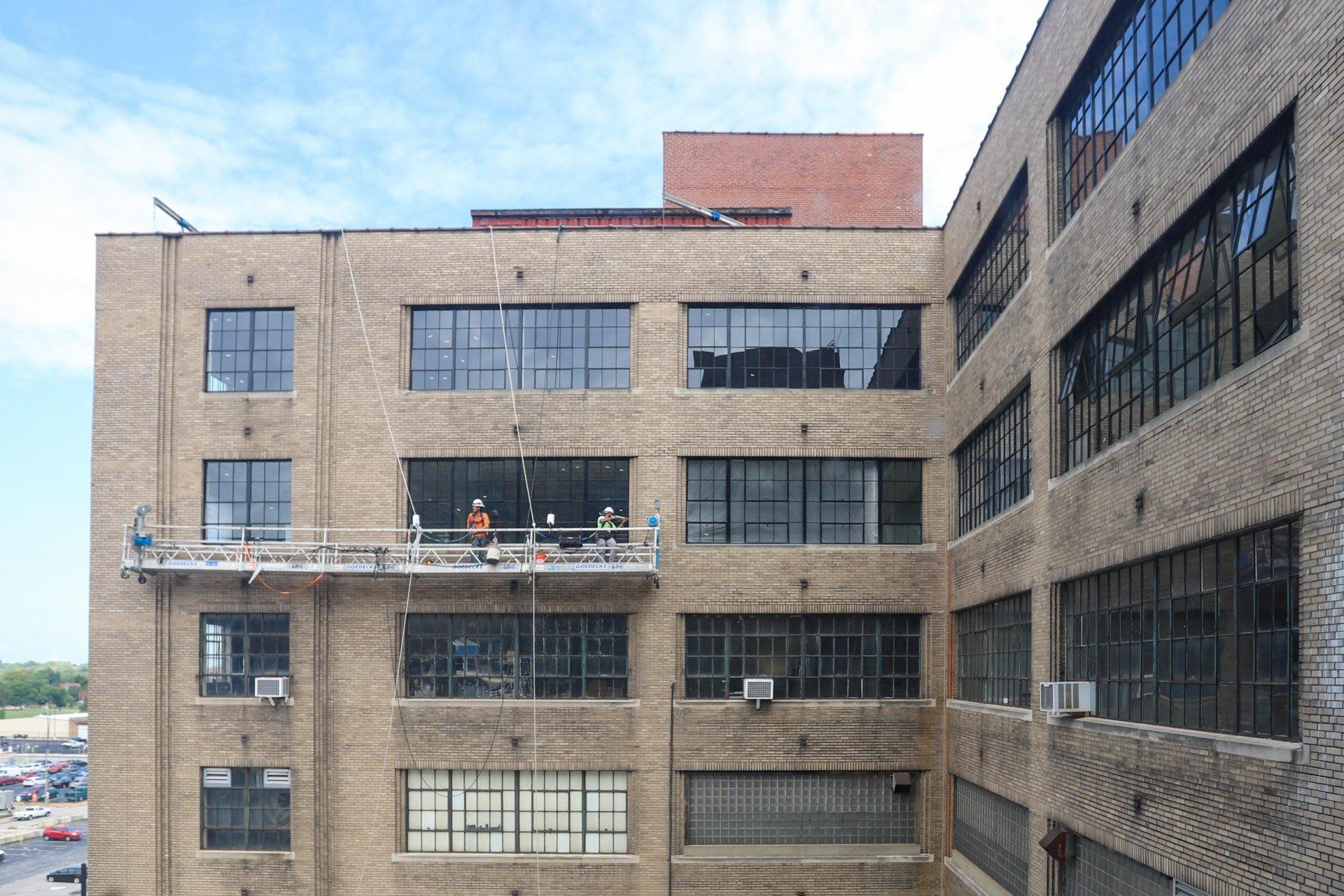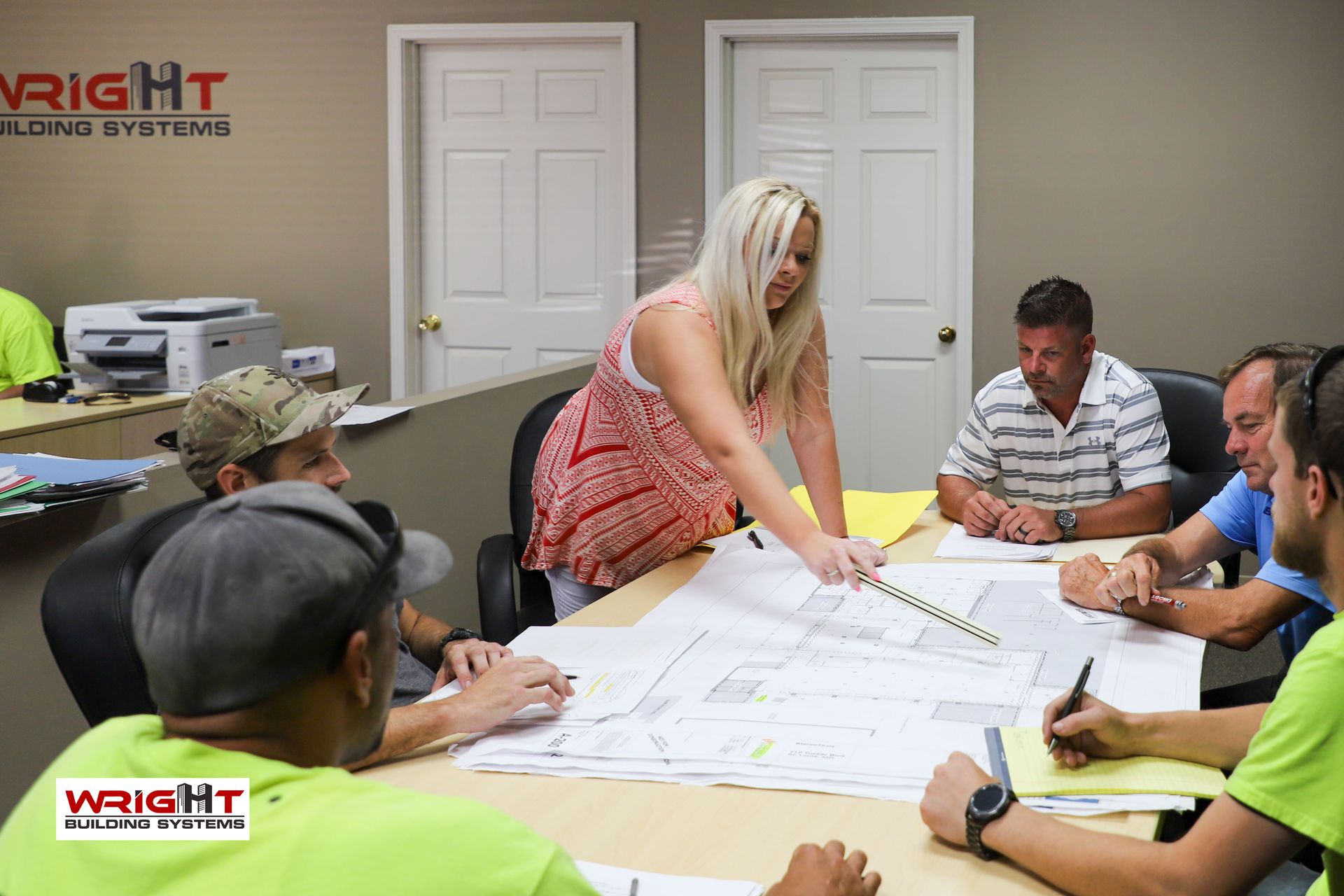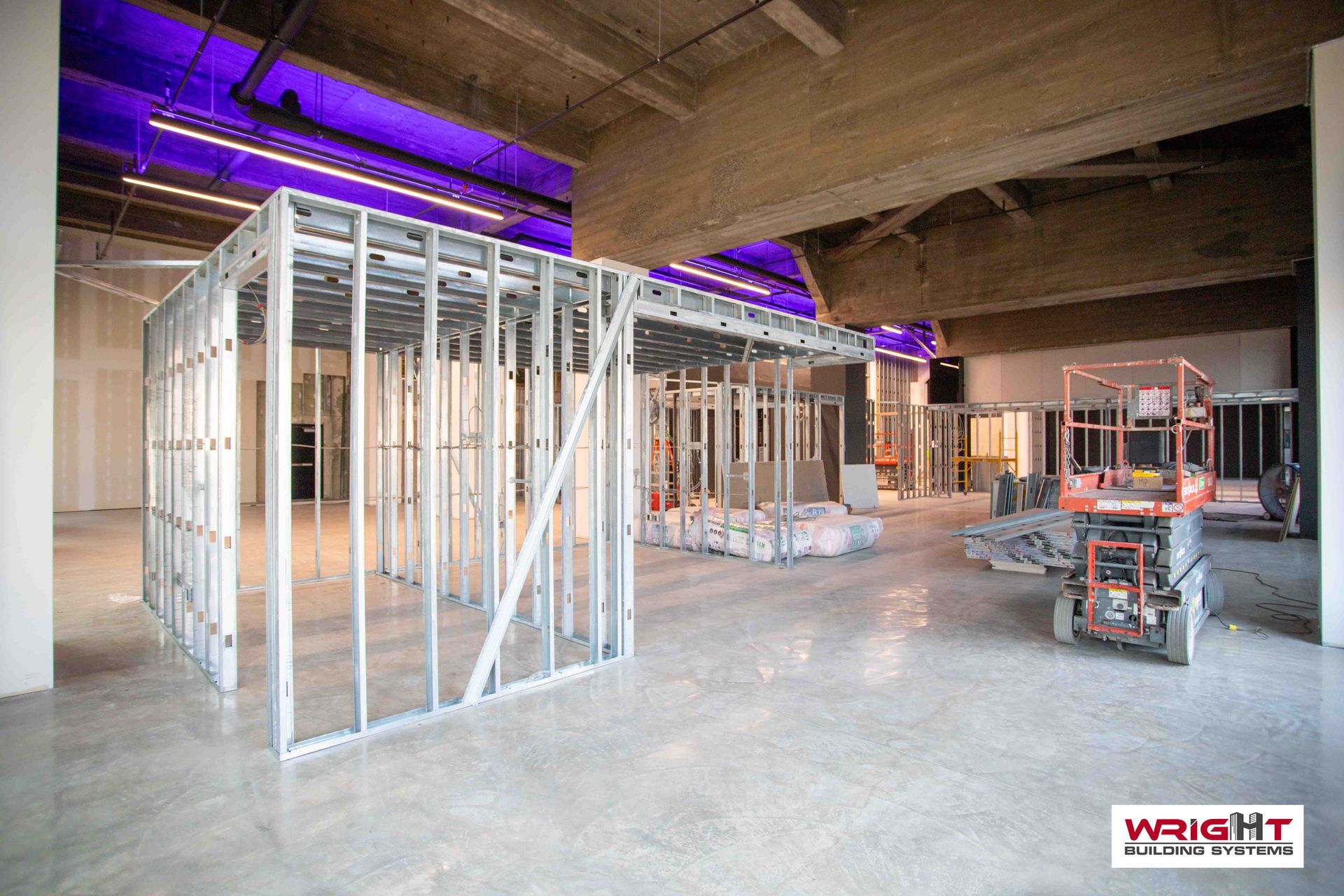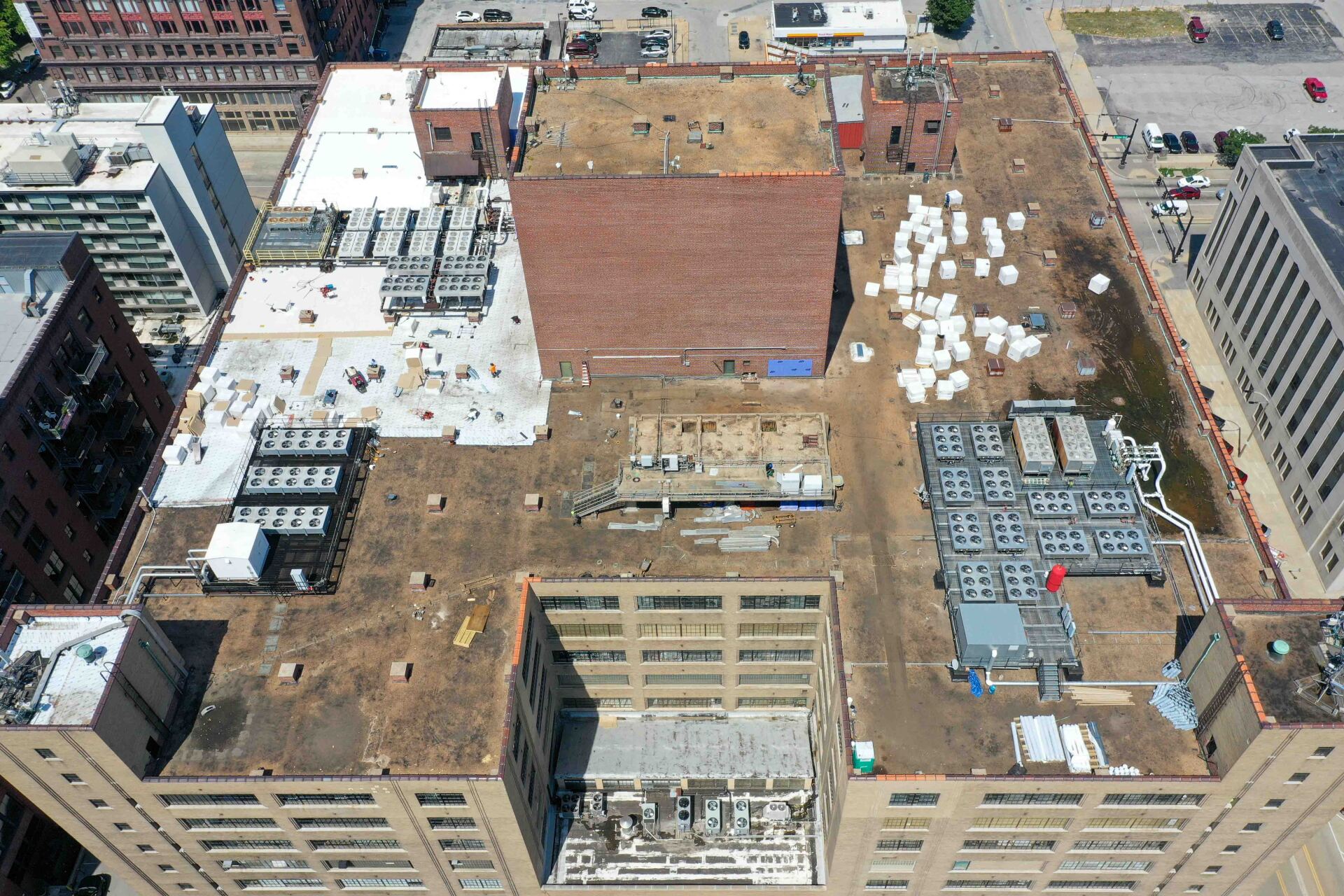Why Should I Choose a Contractor Who is Insured and Bonded?

We’ve all seen the stories in the news about home and business owners – often people just like you – who have lost enormous amounts of money to contractors who did not have the proper insurance coverages, performed shoddy work on construction projects, or were simply
flat-out dishonest and ran off with the customer’s money without ever finishing the job. For the past five years, contractors in general have consistently ranked in the top 10 list of consumer inquiries to the Better Business Bureau, a nonprofit organization that works to promote ethical business practices and mediate complaints between customers and businesses.
How can you avoid falling prey to the schemes of contractors who are at best, unqualified; and at worst, straight-out scammers? The best way to prevent this from happening is to ensure that any contractor you hire to do work on your home or business is fully
insured and bonded. Again, before you even consider hiring a contractor, you should always request documentation that the contractor possesses the necessary insurance coverages and is bonded, as well.
So, what does it mean to be “insured” and “bonded?” First of all, let’s discuss the difference between the two. A contractor who is properly insured will possess a few different types of insurance. One is liability insurance. This means that, should any liability claims arise while a construction job is being performed on your property, the insurance will cover these claims. This ensures that you won’t be held legally responsible for any such issues that might arise. For example, if a contractor were to inadvertently
damage your property – or even that of a neighbor – while construction work is being carried out at your home or business, liability insurance would pay for the damage to the property. Another type of insurance a contractor should have is worker’s compensation. Workers’ compensation covers payment to any of the contractor’s workers who happen to become injured while working on your property during the construction job. In more extreme cases, it can even cover benefits to a worker’s family if he (or she) should lose their life in the course of carrying out the job.
Bonding is different. When a contractor is “bonded”, it means that they have purchased a surety bond to ensure that you are financially protected if the contractor doesn’t finish a job they are hired to perform for you, or even if the work is below standards. Should this happen, you are financially protected against loss. The insurance provided by a company’s bond guarantees you a certain amount of financial protection should this happen. Bonding also protects you if the contractor fails to perform necessary tasks relating to the job; for example, if they don’t pay for permits they’ve pulled relating to the job, or fail to pay subcontractors for work done on your property. Finally, bonding ensures the job will be completed within the estimated cost.
If you are in doubt about whether a contractor is insured and/or bonded, the Better Business Bureau is a good place to start. The website “Angie’s List” is another place you might find helpful. This website complies ratings of companies nationwide. However, keep in mind that, even if the contractor you are hiring has a good reputation with the above entities, it’s still a good idea to request your own proof! You should always check for yourself. Remember that any legitimate contractor will be happy to provide you
with this information before commencing work on a job for you. And hiring a contractor who possesses bonding and insurance will ensure that you and your family have a smooth consumer experience.
It’s true that hiring a contractor who is fully bonded and insured may seem like a lot of trouble, and it can sometimes be more expensive. However, it will save you a lot of trouble in the long run, and give you far more peace of mind that you are protected in
every eventuality.
As a final note, any contractor you hire should be fully licensed, as well.
For a licensed and bonded contractor, call Wright Building Systems at (314) 401-1514
or
visit us online at
https://wrightbuildingsystems.com.
Sources:
https://www.angieslist.com/articles/hiring-contractor-whats-difference-between-bonded-and-insured.htm
https://www.netquote.com/home-insurance/bonded-and-insured-contractors



